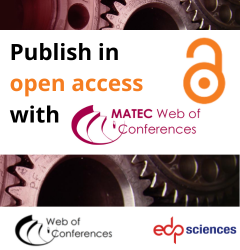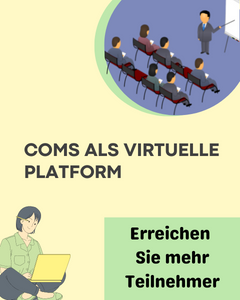Startseite / Konferenzkalender / Ingenieurwissenschaften / Robotik, Automatisierung & Mechatronik / Spanien
Konferenzen > Ingenieurwissenschaften > Robotik, Automatisierung & Mechatronik > Spanien
Wählen Sie ein Land aus
China (3) Deutschland (4) Indien (1) Iran (1) Italien (1) Japan (2) Norwegen (1) Singapur (3) Spanien (1) Südafrika (1) Virtuelle Veranstaltung (1) Ägypten (1)
1
AstroRob 2023 — Seventh Workshop on Robotic Autonomous Observatories
16. Okt 2023 - 20. Okt 2023 • Malaga, Spanien
Eintrags-ID:
1568084
Webseite:
Conference-Service.com stellt der Öffentlichkeit ein Kalendarium wichtiger Konferenzen, Symposien und sonstiger Tagungen im wissenschaftlich-technischen Bereich zur Verfügung. Obwohl das Verzeichnis mit großer Sorgfalt zusammengestellt und ständig aktualisiert wird, weisen wir auf die Möglichkeit von Fehlern ausdrücklich hin. Bitte vergewissern Sie sich immer beim Veranstalter, bevor Sie über die Teilnahme oder Nichtteilnahme an einer Konferenz entscheiden.
Kein Tracking | Keine Pop-ups | Keine Animationen
Stand vom 31. Juli 2023



